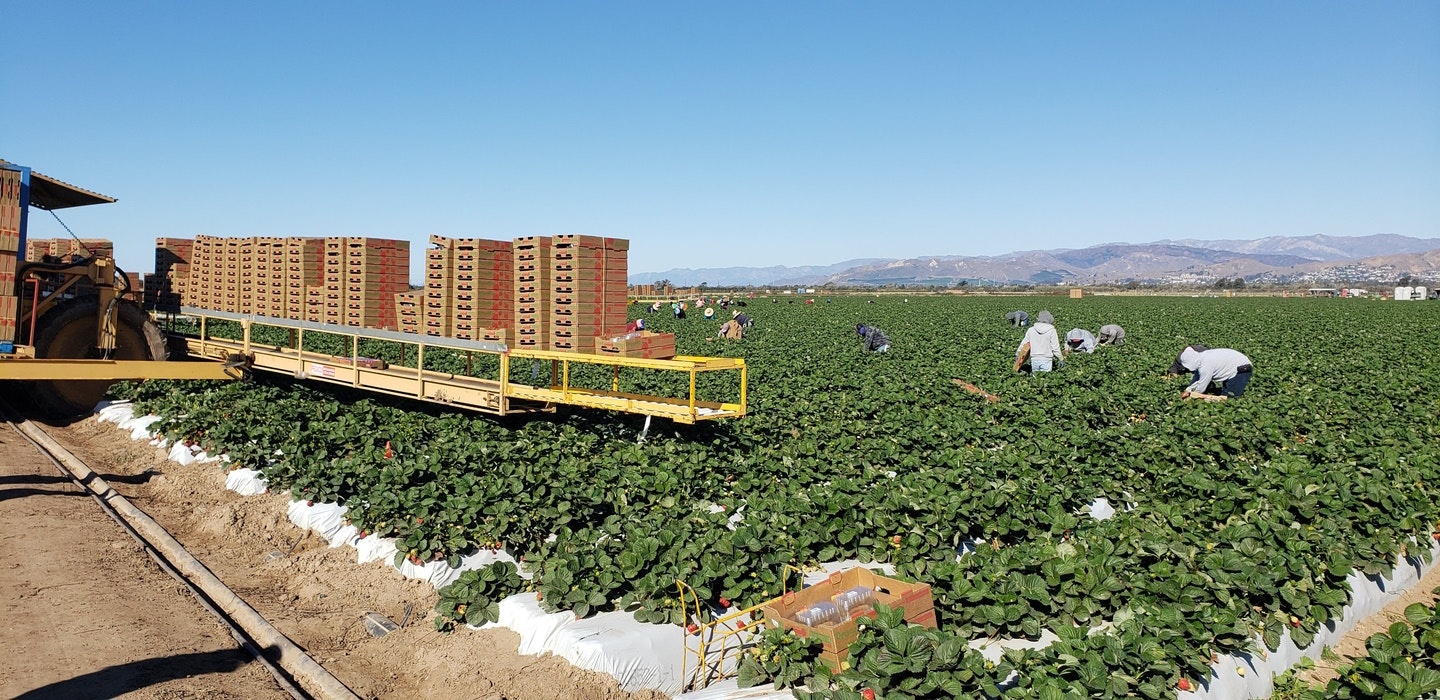Digital Plant Management for Food & Beverage Manufacturers
A Unified Solution For Food & Beverage
Unlock complete visibility into your operations and promote ongoing compliance with our robust solutions.
Award-Winning Food Safety
Digital Plant Management For Food & Beverage
Consistent Quality
Diminish the margin of error by ensuring precise quality control and proactive risk mitigation at every step of the production process.
Resource Utilization
Reduce costs with efficient management of materials, labor, and equipment, from sourcing to finished product.
Streamlined Operations
Improve line performance and equipment availability by enabling operators to reduce waste and minimize unplanned downtime.
Seamless Compliance
Stay ahead of regulatory requirements and streamline audits through paperless processes and digitized documents.
Make the Unbelievable Achievable
Maximize Yield
10%
Decrease In Cost of Poor Quality
within 4 weeks of live data
Increase Productivity
35%
Lift in Line Level Throughput
and over 100% ROI within 90 days
Optimize Labor
70%
Increase in Labor Efficiency
and >$250K impact in 14 weeks
Ensure Food Safety and Compliance
- Compliance Management: Ensure personnel, processes, and finished goods are in compliance throughout receiving, production, and pre-shipment. Adhere to FSMA, SQF, BRC, HACCP, and more.
- Real-Time Food Safety Monitoring: Receive immediate alerts and notifications for any deviations from critical control points (CCPs) or quality standards, allowing for swift corrective action.
- Automated Audit Readiness and Documentation: Streamline third-party audits with full version control, and alleviate the burden on Quality by providing auditors secure access to discrete information and CAPA records.
Optimize Quality While Reducing Cost
- Quality and Yield Optimization: Maximize product quality and yield with tailored dashboards for analyzing batch data and production trends. Reduce waste, energy consumption, and operational costs.
- Real-time Control: Ensure product consistency and safety by continuously monitoring critical quality parameters. Detect deviations promptly to prevent quality issues, saving on costly inspections, rework, and rejections.
- Efficient Process Management: Streamline production processes and tighten variability with Statistical Process Control (SPC). Empower operators with real-time data monitoring, and the ability to identify and rectify non-conformances quickly.
Maximize Production With Plant-Wide Visibility
- Streamlined Workflow Management: Enhance process efficiency to reduce shipping discrepancies, automate task handling for prompt issue resolution, and ensure compliance while maximizing plant capacity.
- Real-time Production Analysis: Tailored dashboards to track and visualize manufacturing losses, throughput and floor metrics, and product quality. Accurately assess and compare how efficiently any plant is running at any given time.
- Downtime Monitoring: Identify issues impacting productivity, enhance capacity utilization, and reduce disruptions in production by addressing downtime events and unplanned maintenance promptly.
Integrate Data For Peak Performance
- Automated (IoT) Data Capture: Automate the capture of digital data from equipment to support critical quality and production use cases, such as process parameters, weight catches, pH, and more.
- Traceability: Quickly unify and associate data and identifiers (such as batch/lot numbers, IDs, etc.) with any process documented by your team during the production cycle.
- Resource Management: Verify and validate formula parameters and compliance when product is in production cycle.
Insights For A Reliable Operation
Best Practices For Food Quality Assurance
Quality Assurance encompasses many activities to prevent defects. Plant management can use these best practices to ensure quality and improve performance.
Read Now
BRC Issue 8 To 9: What's The Difference?
In this blog, we’ll cover the major changes between Issues 8 and 9 of the BRC. But first, let’s provide an overview of the BRC audit and what is BRC certification.
Read Now
Join The Hundreds Of F&B Companies Who Use SafetyChain On Their Plant Floor
Book A Demo



